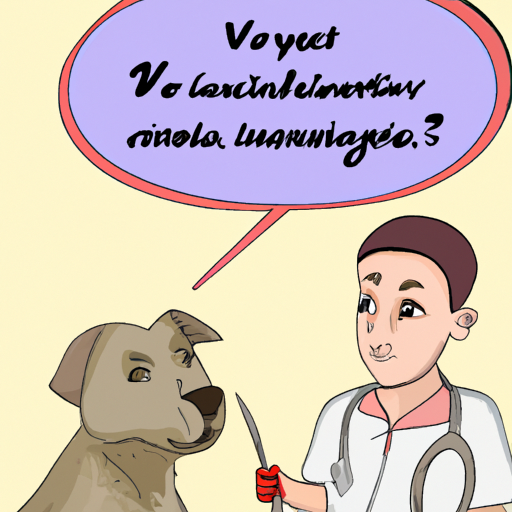Introduction
You, as a caring and compassionate individual, might be asking the question, “Why do people neuter dogs?” This is not just a question of science but also a question of ethics and responsibility.
Reasons for Neutering Dogs
Neutering a dog means surgically removing its reproductive organs. It’s a serious decision that you, as a caregiver, might need to make. Here are a few reasons why people opt for this procedure:
- Control overpopulation: There are millions of homeless dogs in shelters. Neutering helps control this overpopulation problem.
- Health benefits: Neutering can prevent certain types of cancers and infections.
- Behavioural changes: Unneutered dogs can display aggressive or territorial behavior. Neutering can help reduce these behaviors.
The Process of Neutering
You might be wondering about the process involved in neutering a dog. Here’s a brief overview:
- Pre-surgery: The vet will conduct a thorough examination to ensure the dog is healthy enough for surgery.
- Anaesthesia: The dog is put under general anaesthesia for the procedure.
- Surgery: The vet removes the reproductive organs through a small incision.
- Post-surgery: The dog might need to wear a protective cone to prevent it from licking the surgical site.
| Stage | Brief Description |
|---|---|
| Pre-surgery | Veterinary examination |
| Anaesthesia | Application of general anaesthesia |
| Surgery | Removal of reproductive organs |
| Post-surgery | Recovery and aftercare |
Aftercare and Recovery
After the procedure, your dog will need some time to recover. Here are some tips to help your furry friend during this time:
- Keep your dog comfortable and quiet
- Limit physical activities
- Check the incision site daily
- Follow the vet’s instructions regarding medication and diet
Long-Term Effects of Neutering
Neutering can have long-term effects on a dog’s health and behavior. Most of these changes are positive, such as a reduced risk of certain health problems and a calmer demeanor. However, there might also be potential risks and side effects. It’s important to discuss these with your vet to make an informed decision.
FAQs
Q: Is neutering a painful procedure for dogs?
A: No, dogs are under anaesthesia during the procedure and should not feel any pain.
Q: Does neutering change a dog’s personality?
A: Neutering can reduce certain behaviors, but it does not change a dog’s fundamental personality.
Q: What is the best age to neuter a dog?
A: There’s no “one size fits all” answer to this. The best age can depend on factors like breed, size, and health.
Q: Are there any alternatives to neutering?
A: Yes, there are alternatives like vasectomies and tubal ligations, but these are less common and might not offer the same benefits as neutering.
Remember, as a caregiver, the decision to neuter your dog is a significant one. It’s essential to weigh the pros and cons and consult with a trusted veterinarian. After all, the well-being of your loyal companion is what matters most.



